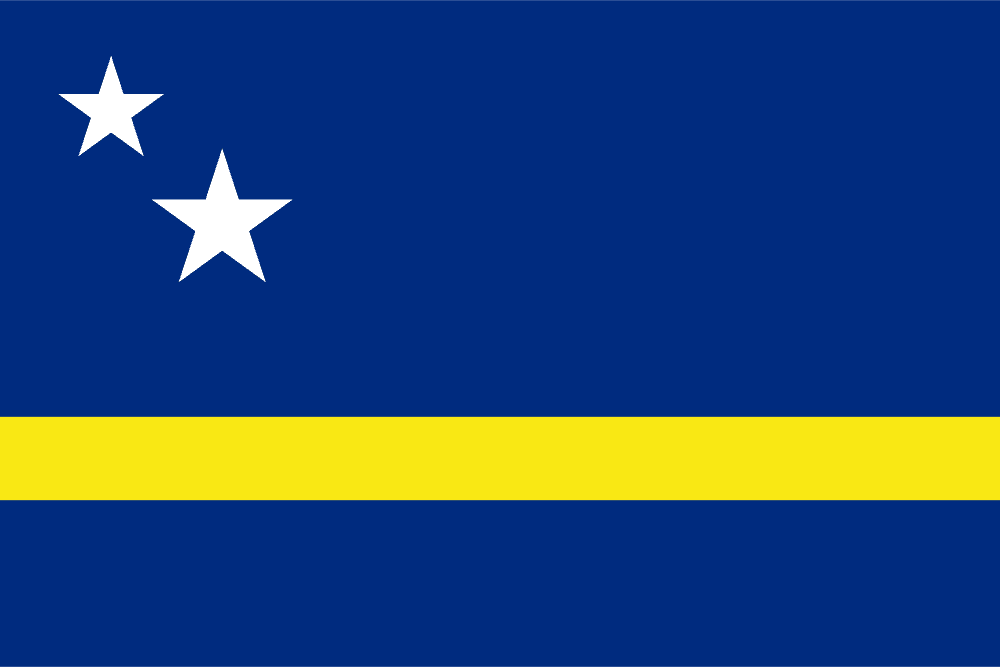The Malta gaming license is globally recognized as the benchmark in the industry. Platforms with this license enjoy benefits like simpler banking, more robust third-party agreements, and easier access to international clients. However, acquiring the license can be time-consuming, expensive, and intricate. Big gaming companies or brands considering an EU base find the effort worthwhile, while Fast Offshore usually advises startups and entrepreneurs to look elsewhere due to the associated costs and stringent prerequisites.
Advantages of Malta Gaming License
Prestige: Malta’s license signifies the operator’s credibility, indicating that they’ve passed rigorous checks, aligning with EU regulations.
Gaming Friendly Environment: Malta offers an experienced workforce in the gambling sector and hosts numerous gaming-related service providers.
Player Trust: Operators with a Malta license gain customers’ trust because of the Malta Gaming Authority’s high protection standards and anti-money laundering measures.
Tax Benefits: Malta offers attractive tax structures, with an effective corporate tax rate potentially as low as 5% in specific contexts.
Stability: Being an EU member since 2004 and part of the British Commonwealth, Malta is politically and socially stable with a strong, innovation-driven economy.
Double Taxation Treaties: Malta has over 70 double taxation treaties, preventing operators from being taxed twice on the same income.
Access to More Markets: Operators can expand their reach, although they must avoid jurisdictions where online gambling is illegal or locally licensed.
Requirements and Application Process
The Malta Gaming Authority ensures a meticulous application process to maintain its prestigious reputation. Changes in 2018 streamlined the process, consolidating license types and extending the license term to ten years. In 2021, further amendments simplified requirements, especially concerning key function roles.
Key Requirements Include:
- Recent police conduct certificate for all stakeholders
- Passing a “Fit and Proper Test”
- Original bank references
- Notarized passport copies
- A comprehensive business plan, compliance, software audit, and details on gaming software and agreements
- Hosting and server operations in Malta
- All documents should be in English or accompanied by certified English translations
The application process, typically taking 30-50 weeks, starts with a pre-application with the Malta Gaming Authority. This is followed by various evaluations, including:
Fit and Proper Test: Applicants undergo interviews and assessments on qualifications and experience, with additional checks by national and international law enforcement and regulatory bodies.
Financial and Business Evaluation: The submitted business plan undergoes rigorous examination to ensure financial feasibility, including scrutiny of software details and data hosting.
Due Diligence: All involved individuals must provide identity, address, and source of funds documentation.
Registered Office and Company Representatives: Companies applying must have a Malta-registered office and fill essential positions in the entity, with some roles having specific criteria as of October 2021.
Considering the detailed process, expert guidance is crucial to navigate the complexities of obtaining a Malta gaming license.


